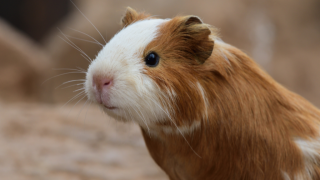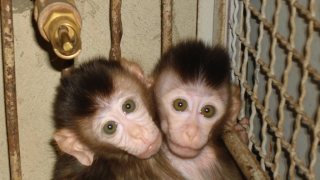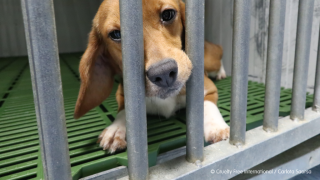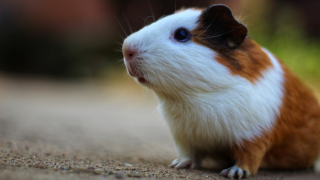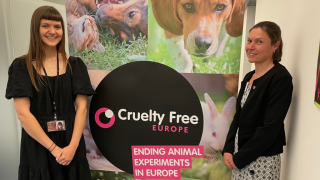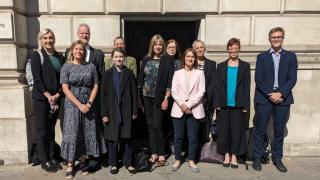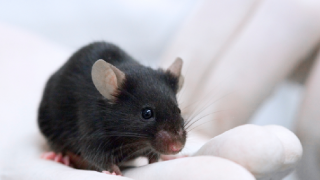
Our legal representatives is presenting our views at a case being heard at the European Chemicals Agency today in Helsinki.
The appeal was brought by a group of chemical companies which have been ordered to carry out a cruel inhalation test on rats for a toxic industrial chemical used to make fire extinguishers.
The Agency had looked at the substance - carbon tetrachloride - and ordered the companies to conduct an Extended One Generation Reproductive Toxicity Study (EOGRTS).
The study will involve 100 male rats and 100 pregnant rats being forced to inhale the chemical for 6 hours per day for 10 weeks. Nearly 600 of their resulting pups would then continue to be subjected to the daily inhalation procedure after they had been weaned until they were 3 months old. All animals will be killed at the end of the test. A total of 1500 animals will be used and killed, some of who will be ‘surplus to requirements’.
The EOGRTS is a new animal test and conducting it via the inhalation route appears unprecedented. The European Coalition to End Animal Experiments, which is led by Cruelty Free International, is concerned about the effects on the animals as the mother and baby rats will probably have to be separated or transferred into an inhalation chamber on a daily basis which is likely to cause distress and could affect the results. The substance is also a skin allergen and has a strong smell like dry cleaning fluid so it is likely to be very unpleasant for the animals.
The group of companies do not think the EOGRTS test is warranted as there is plenty of existing information on this well studied substance. Carbon tetrachloride is already considered very harmful - it causes severe liver disease and is harmful to the ozone layer - so exposure to workers is rare. There is no consumer exposure to the substance.
The European Coalition to End Animal Experiments (ECEAE), led by Cruelty Free International, has been given permission to intervene in the case due to our expertise and stakeholder status. We will be arguing that the Agency was just ‘ticking boxes’ in terms of ensuring all the possible animal tests had been done. This is not in the spirit of how REACH is supposed to be followed; animal testing should be a last resort.
Last year we were successful in helping to get the Agency’s decision to test a chemical that is used as a refrigerant in car air conditioning systems overturned by the Board of Appeal, saving 120 rabbits from a similar fate.


